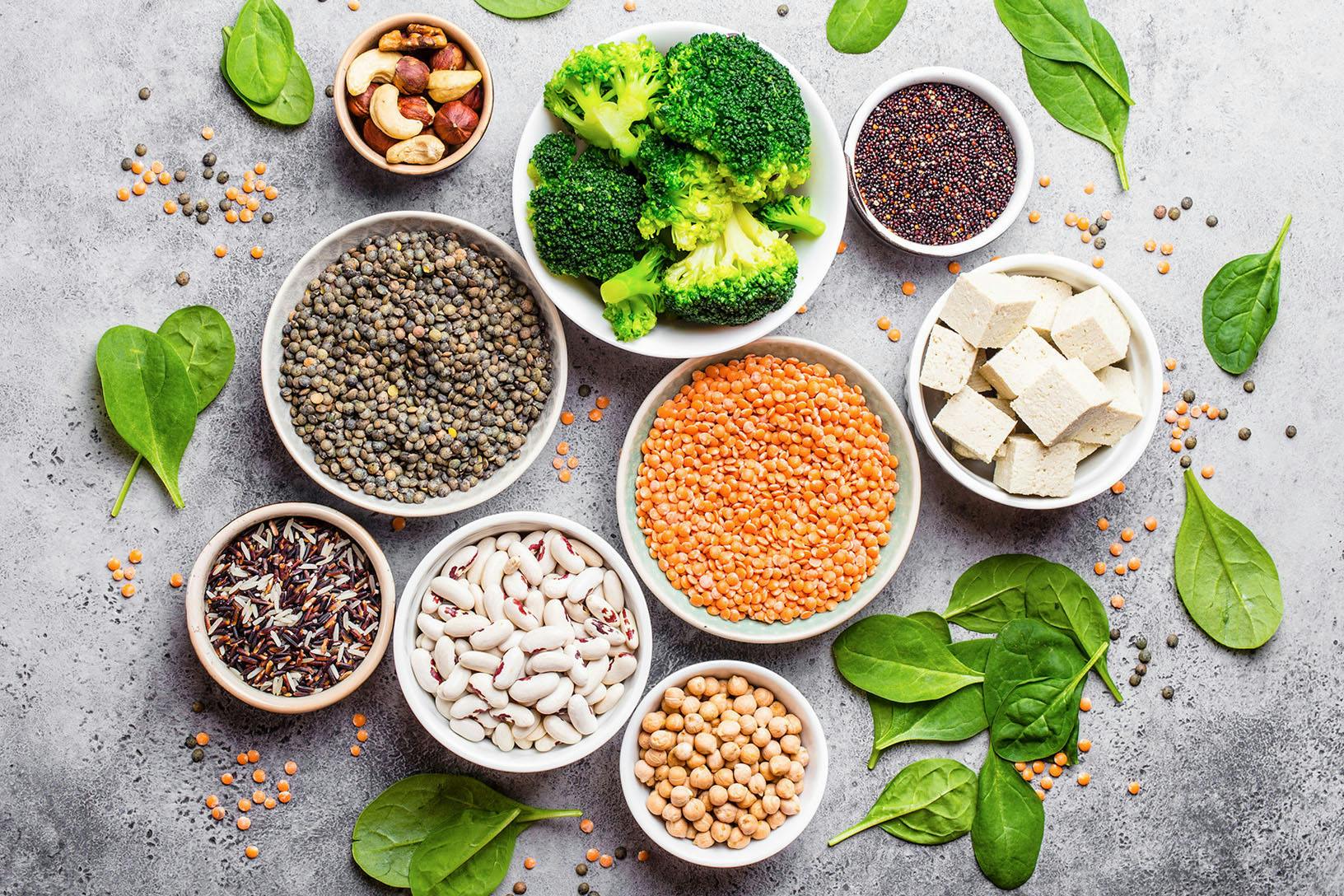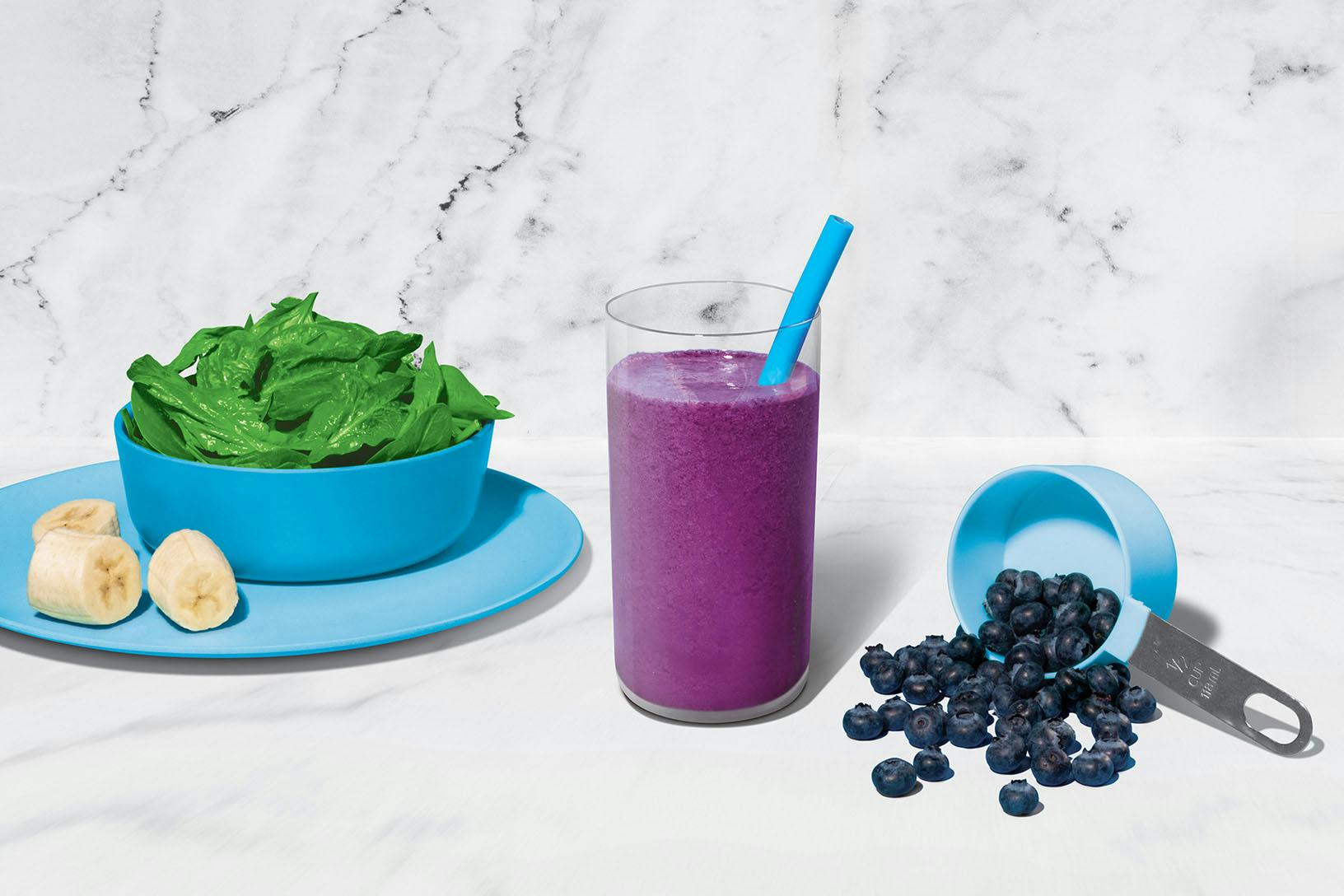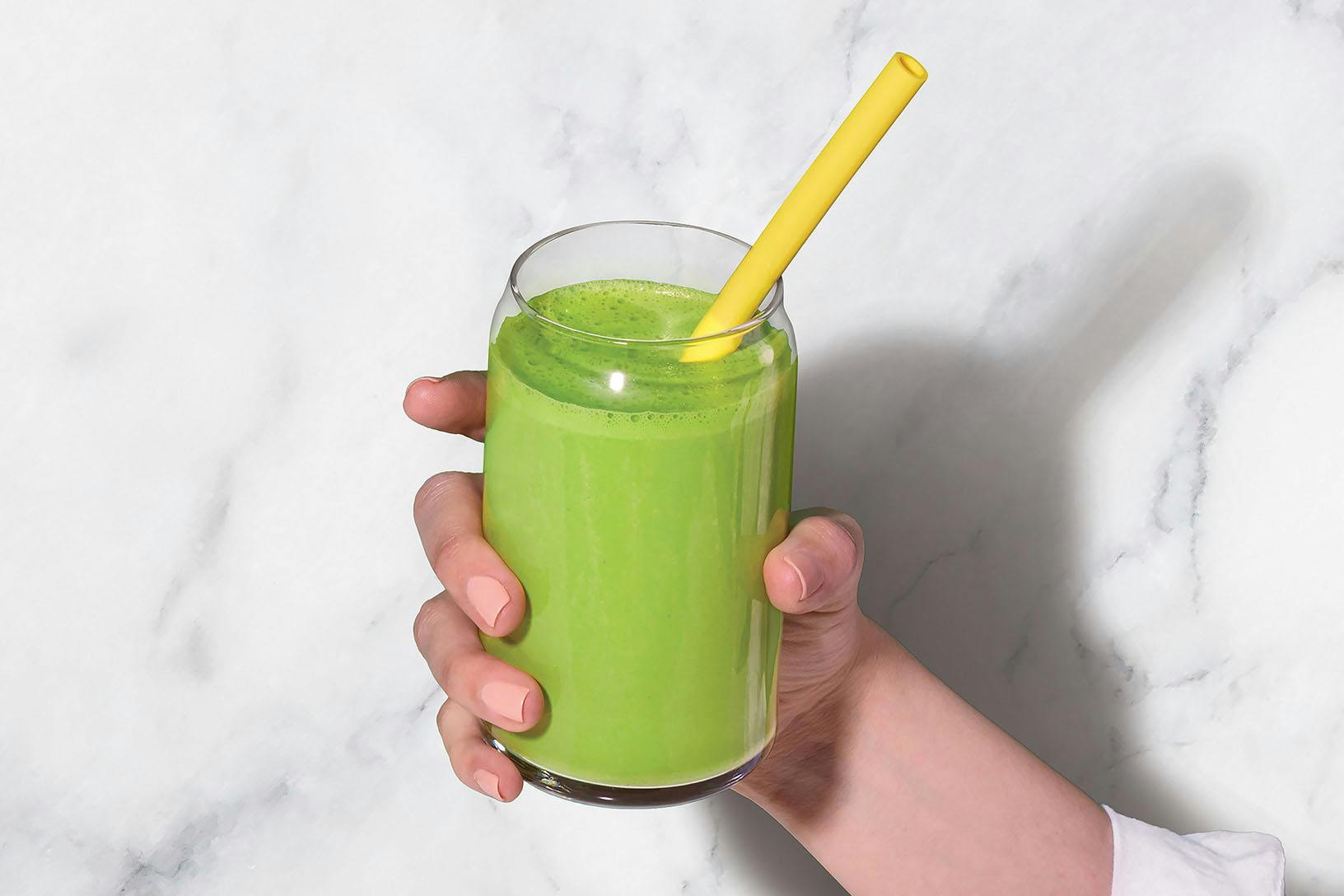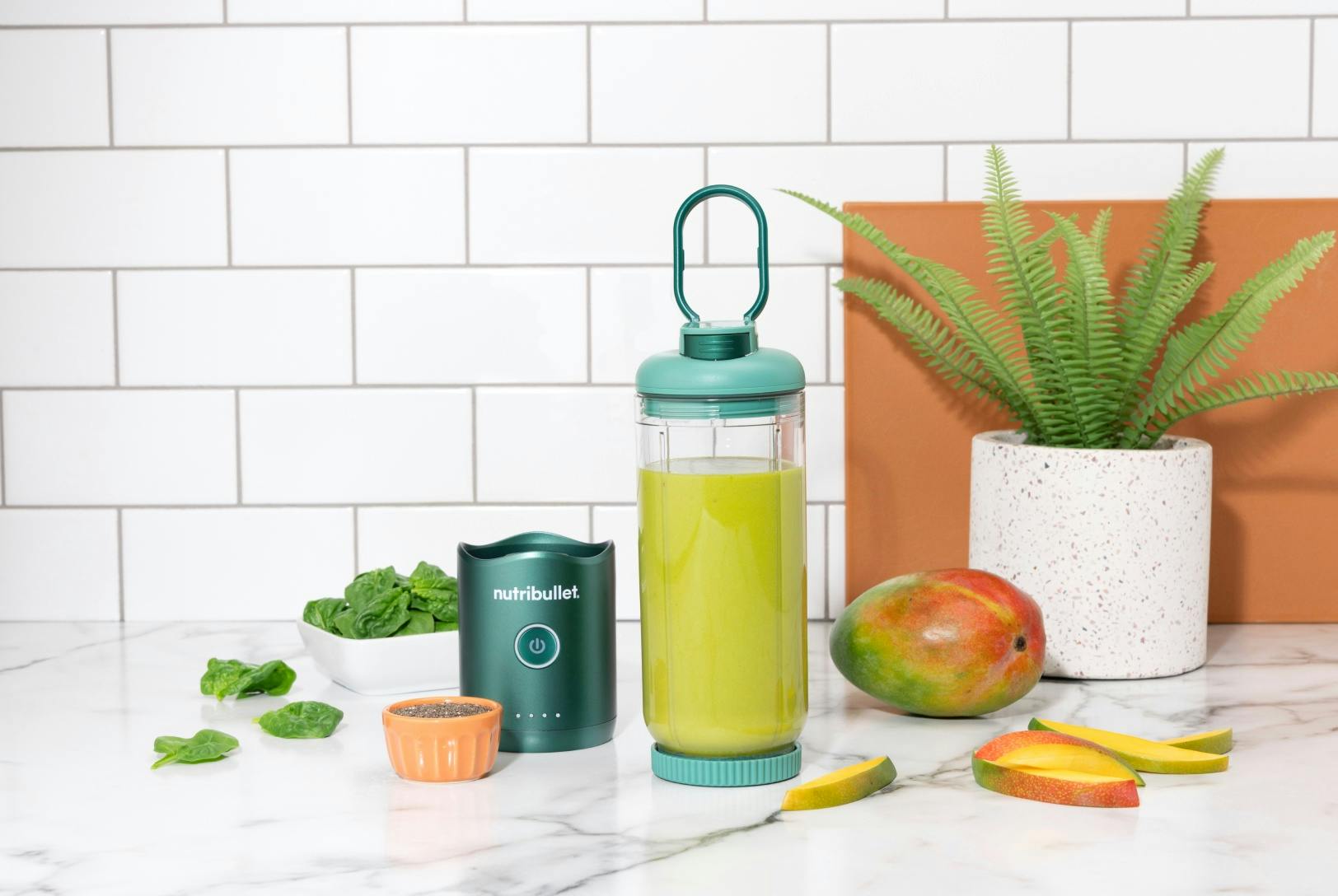FREE shipping on US orders over $45!
Your cart is empty!
FREE 1-year warranty on all blenders and juicers
More to Consider







Taxes and discounts calculated at checkout.

McKenzie Jones
April 9, 2025
McKenzie Jones
McKenzie is Registered Dietitian Nutritionist for nutribullet who aims to make the world a healthier, happier place. She believes that living a healthy lifestyle and eating for your health isn't meant to be complicated -- it's meant to be simple, enjoyable, and judgment-free (with room for dessert). When she’s not dishing out nutrition tidbits, you can find McKenzie visiting her local farmers market, hiking her favorite trails with her husband, and chasing after her daughters.
While never out of style (it is the building block of life, after all), protein is often trending big in the health and wellness conversations these days – and for good reason! Protein is an essential macronutrient that your body needs for growth, repair, and maintenance of muscle, bones, skin, and organs.
But when it comes to getting enough protein in our diets, certain foods like meat, protein powders, and fortified nutrition bars tend to be overemphasized. While these can certainly help us meet our protein goals, they can also be costly, both to our wallets and the environment, as meat and processed protein foods require copious energy resources for their production.
Fortunately, there are plenty of amazing plant-based options to choose from that are inherently rich in protein, easier on the planet, and better for your pocketbook. Here are five of our favorites:
Protein is an essential part of a healthy, balanced diet, and with a little attention to your food choices, you can ensure you’re getting enough of it. By including eco-friendly and budget-friendly protein options like lentils, chickpeas, tofu, quinoa, and edamame, you’ll not only nourish your body but also make a positive impact on the environment.
Extra credit: the scoop on protein.
If you want to know a little more about this miraculous macronutrient, we have you covered.
When you eat protein, your body breaks it down into amino acids that are used to build tissues and muscles, create enzymes and hormones, and support other vital functions. For example, protein helps repair the tiny tears in muscle fibers that occur during exercise, it provides the building blocks for antibodies – which help your body fight infections, and it is vital for the structure of collagen, keratin, and elastin found in skin, hair, and nails. Additionally, protein helps to stabilize blood sugar and keep you feeling fuller for longer.
The amount of protein you need depends on factors like age, gender, activity level, and health goals. A general recommendation for adults is about 0.8 grams of protein per kilogram of body weight, but for someone who is more physically active or aiming for muscle growth, protein needs may be higher—about 1.2 to 2.0 grams per kilogram. A registered dietitian can help assess your needs and give personalized recommendations.

Is there such a thing as a perfect smoothie? This sweet medley certainly makes a strong case. With a classic combination of blueberries, banana, and spinach, this superstar smoothie provides a powerful nutrient boost!

Consider this blend the little black dress of nutribullet smoothies: it never goes out of style. To help keep your energy stable throughout the day, aim to balance your meals and snacks with high-quality protein, healthy fats, and fiber-filled carbs – like this combo of Greek yogurt, peanut butter, fruit, and veggies. There’s a reason this one is always on-trend.

Start your day on a high note with this nutritiously cheerful blend of greens, mango, banana, and chia seeds.